The rhinoceros Nisha from Terra Natura Benidorm is looking for a partner in Europe
hace 3 yearsWe take the occasion of Valentine’s Day to prepare a giant heart with more than 40 kilos of fruit and vegetables for Nisha, the Rhino.
At Terra Natura Benidorm we are looking for a genetically compatible partner for Nisha in order to reproduce this species, which is in serious danger of extinction. The search for a possible male for Nisha is part of the European Endangered Species Programme (EEP), which is responsible for managing the reproduction of specimens of Indian rhino’s population housed in zoos belonging to the European Association of Zoos and Aquariums (EAZA).
For Valentine’s celebration, the team of zookeepers will make a giant heart where Nisha meadow is made with 40 kilos of fresh fruit and vegetables, such as lettuce, tomatoes, bananas and apples. Nisha is currently 21 years old; a perfect fertile age moment for this animal´s reproduction, so there are more possibilities of conceiving and achieving the reproduction to preserve the conservation status of this species.
At Terra Natura we have experience in the management and reproduction of Asian rhinoceroses. In fact, it is the only zoo in Spain and one of few in Europe that has managed to reproduce this species on two occasions. The first birth was in 2012, the baby rhino was called Shusto and his parents were Shiwa and Niko. Years later, again Shiwa gave birth to baby Duna in September 2019.
The Indian rhinoceros is listed as endangered according to the International Union for Conservation of Nature (IUCN) Red List. It is a protected and threatened species that is included in Annex I of CITES (Convention on International Trade in Endangered Species of Wild Fauna and Flora). It is estimated around 3,000 specimens in the wild.
On February 13th, one day before Valentine’s Day, will be made the heart with fruit as a symbolic act of Nisha’s search for a partner, there will also be talks of love relationships between animals at Terra Natura Benidorm over the last years. Stories of white-hand gibbons or the Siam crocodiles are very curious.
The most specialised programme
The EEPs are the most intensive European programmes for the management of species that inhabit zoos and aquariums. These projects allow the collection of information on the state of all the animals of each species that participate in each programme. Using these data, the genealogical book of each species is prepared and a demographic and genetic analysis is carried out, as well as a plan for the future management of reproduction and conservation of the species. Thanks to these programmes, rigorous genetic management is carried out, transforming zoos and aquariums into genetic reservoirs to guarantee the survival of critical species.

